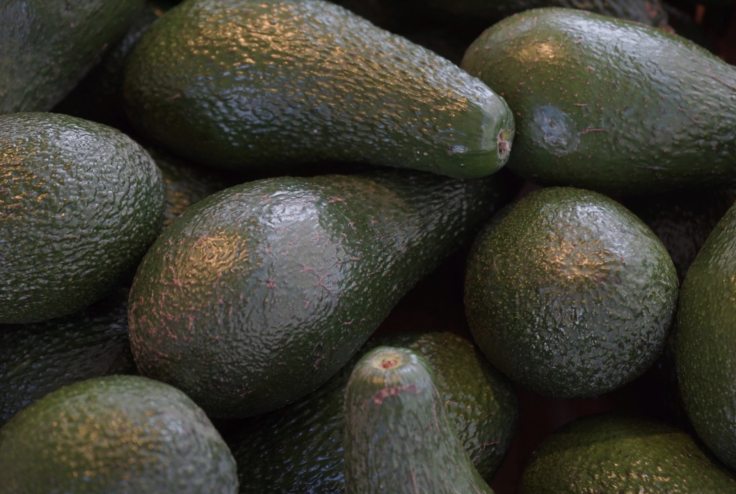
The United States relies heavily on foreign markets for fresh produce, with roughly 60% of fresh fruit and 40% of fresh vegetables coming from abroad, much of it coming from Mexico. This means that President-elect Donald Trump's looming threat of a 25% tariff on goods crossing the U.S.-Mexico border could lead to higher prices for a range of popular products.
Mexico is a leading exporter of tomatoes, avocados, raspberries, bell peppers, and strawberries to the U.S., according to data from the University of California, Davis. In 2022, Mexico alone accounted for 69% of U.S. vegetable imports and 51% of fresh fruit imports, as reported by the U.S. Department of Agriculture.
While Trump has insisted that countries of origin will bear the cost of new tariffs, economists caution that the measure could hit the U.S. harder than Mexico. This is because U.S.-based importing companies are more likely to absorb the costs, which could result in higher prices for American consumers. Between 2000 and 2021, the value of Mexico's horticultural exports to the U.S. quadrupled, highlighting the increasing dependency on imports from the country.
Popular beer brands like Corona and Modelo could also be impacted by the tariff, hitting consumers as the former has surpassed other brands to become one of the country's top sellers.
Mexico's dominance in U.S. food imports is largely due to lower labor costs, which are sometimes one-fifth the wage of U.S. farm workers, and the ability to grow products year-round, ensuring fresher produce.
Economists have raised concerns that Trump's broader tariff proposals, including 25% duties on Canadian imports and an additional 10% tax on Chinese goods, could reignite inflation, as reported by NBC News. Goldman Sachs analysts recently estimated that the proposed tariffs could lead to a near 1% increase in inflation.
Despite uncertainties around the potential tariffs, U.S. retailers are already preparing for the worst-case scenario. John David Rainey, CFO of Walmart has already acknowledged the possibility of higher prices for consumers. "We never want to raise prices," Rainey said in an interview with MSNBC. But "there probably will be cases where prices will go up for consumers," he added.
The imposition of tariffs on all imports from Mexico and Canada is part of an effort to stop the flow of migrants and narcotics into the U.S. This approach aligns with Trump's broader immigration agenda, which includes a mass deportation plan.
Farm groups in the U.S. are warning that such policies could severely disrupt the food supply at the domestic level, as nearly half of farm workers currently lack legal status. These workers play a crucial role in U.S. agriculture, and any mass deportations could lead to labor shortages, further complicating the effects of tariffs on food prices.
© 2025 Latin Times. All rights reserved. Do not reproduce without permission.







